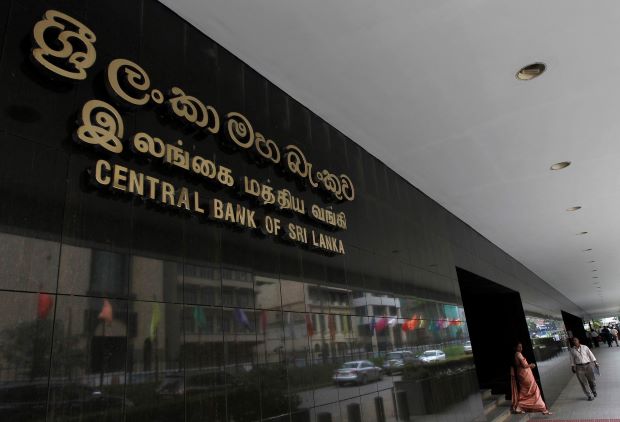Sri Lanka likely to cut rates as inflation eases
COLOMBO – Sri Lanka’s central bank is expected to further loosen monetary policy on Thursday (24), albeit by a smaller degree than previously, as it looks to use the rapid decline in inflation as an opportunity to foster growth and put the economy firmly on a path of recovery.
The median estimate in a Reuters poll of 15 economists and analysts predicts a 100-basis-point cut in both the Standing Deposit Facility Rate and the Standing Lending Facility rate, taking them to 10% and 11%, respectively.
The Central Bank of Sri Lanka (CBSL) has already reduced rates by 450 bps in two moves over June and July.
Sri Lanka’s economy was crushed last year under the worst financial crisis in over seven decades with inflation sky-rocketing and foreign exchange reserves falling to record lows, severely stunting the island nation’s ability to import essential commodities.
CBSL responded by hiking rates by a total 1050 bps until March to contain inflation and rebuild its dollar kitty. Having secured a $2.9 billion rescue package from the International Monetary Fund (IMF) in March, the Sri Lankan economy has gradually stabilized.
Inflation measured in the key Colombo Consumer Price Index eased to 6.3% in July from a high of 69% last September. Inflation was at 12% in June. The steep reduction in inflation is creating space for further easing, analysts said, although some predicted the apex bank would wait and watch for the time being.
An additional rate cut on Thursday would help close the gap between policy rates and interest rates of short-term government securities, some analysts added.
“Despite earlier cuts there is a gap of about 300 basis points, which needs to reduce for lending rates to come down,” said Visaahan Arumainayagam, analyst for Colombo-based broking firm Asha Securities.
The decision will be announced via a statement at 7:30 a.m. (0200 GMT) on Thursday. A shift of focus to improving growth is needed after the economy contracted 7.8% in 2022 and is projected to shrink 2% this year, economists said.
-Reuters



Comments are closed, but trackbacks and pingbacks are open.